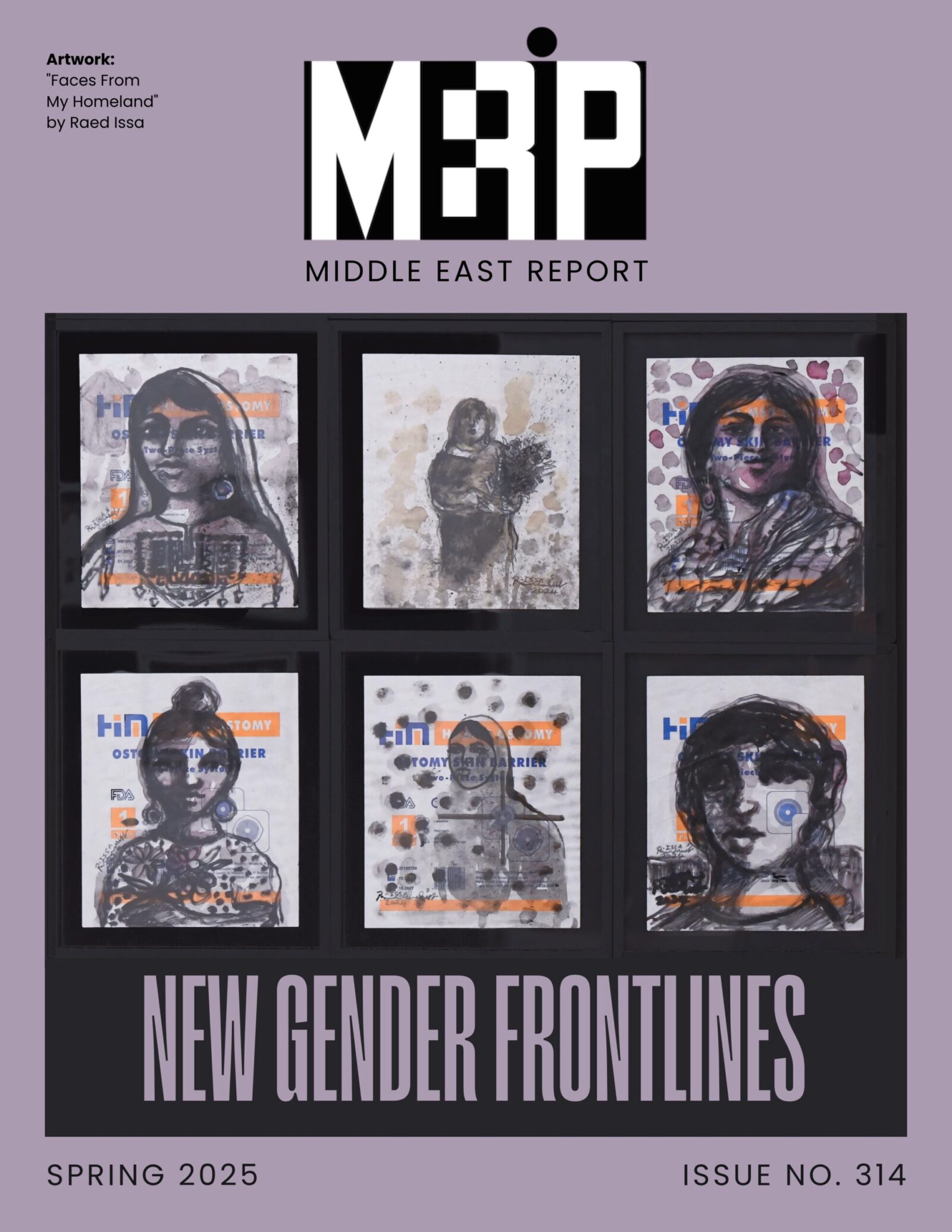IN THIS ISSUE:
Conspiracy of Near Silence
Tunisian Labor Leaders Reflect Upon Revolt
The Tunisian revolution of January 2011 drew upon the participation of nearly every social stratum. Organized labor threw its weight into the struggle early on, in an important sign of the breadth and depth of opposition to the rule of the dictator, Zine El Abidine Ben Ali. In mid-March, the Sacramento Central Labor Council (AFL-CIO) hosted a delegation of leaders of Tunisia’s powerful labor federation, the Union Générale Tunisienne du Travail (UGTT), on a visit to the United States. The Council co-hosted the Tunisians with the AFL-CIO Solidarity Center. Abdellatif Hamrouni is secretary-general of the country’s federation of public works employees and a member of the UGTT general assembly.
Sudan’s Referendum Amidst Revolution
On February 7, 2011, the Southern Sudan Referendum Commission presented President Omar al-Bashir and First Vice President Salva Kiir with the results of the January 2011 vote on southern self-determination. It was a formality: During the three-week voting tabulation process, both presidents had publicly accepted the credibility of the vote and the overwhelming majority for southern secession, which turned out to be 98.83 percent. There was some apprehension that Husni Mubarak, then still president of Egypt, might resign on the same day. But Mubarak managed to hang on for another week, securing for Sudan second billing on Al Jazeera’s evening news when, 55 years after independence, it decided to split into two countries.
What’s the Line?
Much of what was written from Egypt on and after January 25, 2011 was captivating and intense — as one might expect from reporters witnessing a democratic movement overthrowing a dictator. But the Beltway reporting that tried to explain US policy was another matter.
CURRENT ANALYSIS
Six Questions for Fareed Mohamedi
It’s like clockwork: When the race for the White House is on, the contestants will promise to make America self-sufficient in energy. Everyone understands this concept to mean less dependence on imported oil from the Middle East, though politicians do not always come out and say so. The implication is that if the US can break its supposed dependence, then it can disengage from (even forget about) a region that many Americans see as perennially volatile, if not hostile.
An Indecent Proposal?
Quite a few eyebrows were raised last week when Hafiz Mohammed Saeed, perhaps one of the most infamous “terrorists” in Pakistan, extended an offer of humanitarian aid to the United States in the wake of Hurricane Sandy — notwithstanding the $10 million bounty Washington has placed on his head.
The “Matrix” Comes to Libya
Within days of the deadly assault on the US Consulate in Benghazi, Libya, that killed Ambassador Christopher Stevens and three other Americans, the skies over Libya began buzzing with American surveillance drones, prompting annoyed responses from some Benghazi residents. “Give it a rest, Obama,” one resident posted in a Twitter message after a low-flying drone woke up much of the city. “We want to get some sleep.”
LATEST ISSUES
FEATURED PRIMER

Primer: Palestine-Israel
Read the newest iteration of MERIP’s Palestine primer. Published in March 2025, and updated to reflect developments in the ten years since our previous primer, it provides an overview of key actors, organizations, historic events, political developments and diplomatic initiatives that have shaped the status and fate of Palestinians and the State of Israel from the late nineteenth century to the present.


